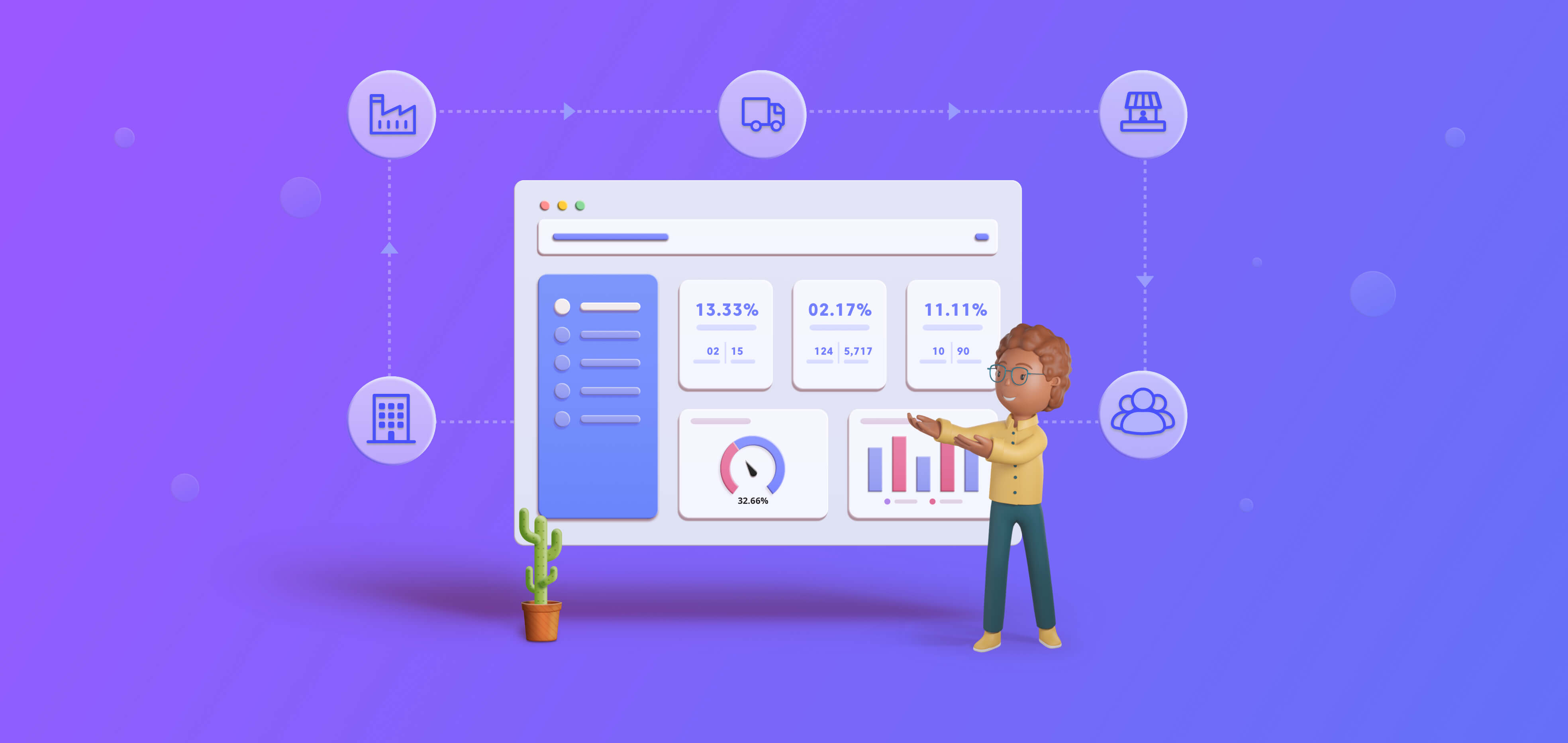
Business Intelligence Software for Optimized Supply Chain Management
In today’s fast-paced and competitive business landscape, effective supply chain management is crucial for organizations to stay ahead of the curve. With the increasing complexity of global supply chains, companies need to leverage advanced technologies to optimize their operations, reduce costs, and improve customer satisfaction. Business Intelligence (BI) software has emerged as a game-changer in this context, enabling organizations to make data-driven decisions and streamline their supply chain management processes.
Introduction to Business Intelligence Software
Business Intelligence software refers to a set of tools and technologies that enable organizations to collect, analyze, and interpret large amounts of data to gain insights and make informed decisions. BI software provides a comprehensive platform for data analysis, reporting, and visualization, helping businesses to identify trends, patterns, and correlations within their data. By leveraging BI software, organizations can optimize their supply chain management processes, improve operational efficiency, and reduce costs.
Key Features of Business Intelligence Software for Supply Chain Management
Effective Business Intelligence software for supply chain management should possess the following key features:
- Data Integration: The ability to integrate data from various sources, including enterprise resource planning (ERP) systems, customer relationship management (CRM) systems, and other external data sources.
- Data Analytics: Advanced analytics capabilities, such as predictive analytics, statistical modeling, and data mining, to analyze large datasets and identify trends and patterns.
- Data Visualization: Intuitive and interactive dashboards and reports to visualize complex data, enabling users to quickly identify areas of improvement.
- Real-time Monitoring: Real-time monitoring and alerting capabilities to enable prompt response to changes in supply chain operations.
- Collaboration Tools: Collaboration tools, such as workflow management and social networking, to facilitate communication and coordination among stakeholders.
Benefits of Business Intelligence Software for Supply Chain Management
The implementation of Business Intelligence software can bring numerous benefits to supply chain management, including:
- Improved Forecasting: Advanced analytics capabilities enable organizations to predict demand, supply, and other factors, reducing the risk of stockouts, overstocking, and supply chain disruptions.
- Enhanced Visibility: Real-time monitoring and reporting enable organizations to track their supply chain operations, identifying areas of improvement and optimizing inventory management.
- Increased Efficiency: Automation of manual processes, such as data entry and reporting, enables organizations to reduce labor costs and improve productivity.
- Better Decision-Making: Data-driven insights enable organizations to make informed decisions, reducing the risk of errors and improving overall supply chain performance.
- Improved Customer Satisfaction: Optimized supply chain operations enable organizations to respond quickly to changing customer needs, improving delivery times and overall customer satisfaction.
Case Studies: Successful Implementation of Business Intelligence Software in Supply Chain Management
Several organizations have successfully implemented Business Intelligence software to optimize their supply chain management processes. For example:
- Procter & Gamble: The consumer goods giant implemented a BI platform to analyze data from various sources, including sales, inventory, and supply chain operations. The platform enabled the company to optimize its supply chain, reducing inventory levels by 10% and improving delivery times by 20%.
- Cisco Systems: The technology company implemented a BI platform to analyze data from its global supply chain operations. The platform enabled the company to identify areas of improvement, reducing supply chain costs by 15% and improving delivery times by 30%.
- Walmart: The retail giant implemented a BI platform to analyze data from its supply chain operations, including inventory management, transportation, and logistics. The platform enabled the company to optimize its supply chain, reducing inventory levels by 12% and improving delivery times by 25%.
Challenges and Limitations of Business Intelligence Software in Supply Chain Management
While Business Intelligence software has numerous benefits for supply chain management, there are also challenges and limitations to consider:
- Data Quality: Poor data quality can limit the effectiveness of BI software, making it essential to ensure accurate and complete data.
- System Integration: Integrating BI software with existing systems can be complex and time-consuming, requiring significant IT resources.
- User Adoption: BI software requires significant training and support to ensure user adoption and effective use.
- Cost: Implementing BI software can be costly, requiring significant investment in software, hardware, and IT resources.
Conclusion
Business Intelligence software has emerged as a powerful tool for optimizing supply chain management processes. By leveraging advanced analytics, data visualization, and collaboration tools, organizations can gain insights into their supply chain operations, identify areas of improvement, and make data-driven decisions. While there are challenges and limitations to consider, the benefits of BI software far outweigh the costs, enabling organizations to improve operational efficiency, reduce costs, and enhance customer satisfaction. As the supply chain management landscape continues to evolve, the adoption of Business Intelligence software is expected to become increasingly widespread, driving innovation and excellence in supply chain management.
Recommendations for Implementing Business Intelligence Software in Supply Chain Management
To ensure successful implementation of Business Intelligence software in supply chain management, organizations should:
- Define Clear Objectives: Clearly define the objectives and goals of the BI implementation, aligning them with overall business strategy.
- Assess Data Quality: Assess the quality of existing data, ensuring accuracy, completeness, and consistency.
- Select the Right Software: Select a BI software that meets the organization’s specific needs, considering factors such as scalability, flexibility, and user adoption.
- Develop a Comprehensive Implementation Plan: Develop a comprehensive implementation plan, including training, support, and change management.
- Monitor and Evaluate: Continuously monitor and evaluate the effectiveness of the BI implementation, identifying areas for improvement and optimizing the system as needed.
By following these recommendations, organizations can ensure successful implementation of Business Intelligence software, optimizing their supply chain management processes and driving business success.
Closure
Thus, we hope this article has provided valuable insights into Business Intelligence Software for Optimized Supply Chain Management. We appreciate your attention to our article. See you in our next article!


